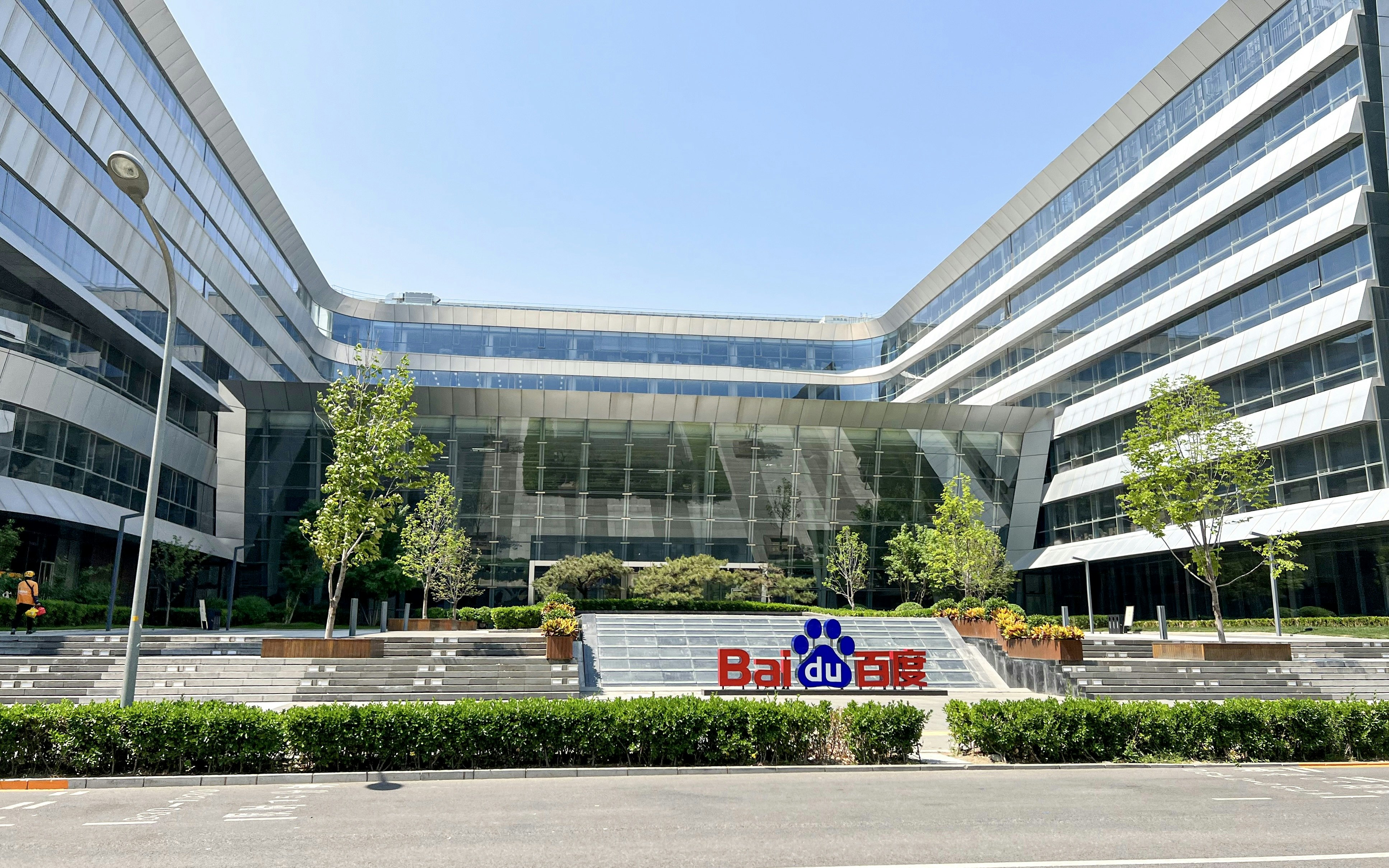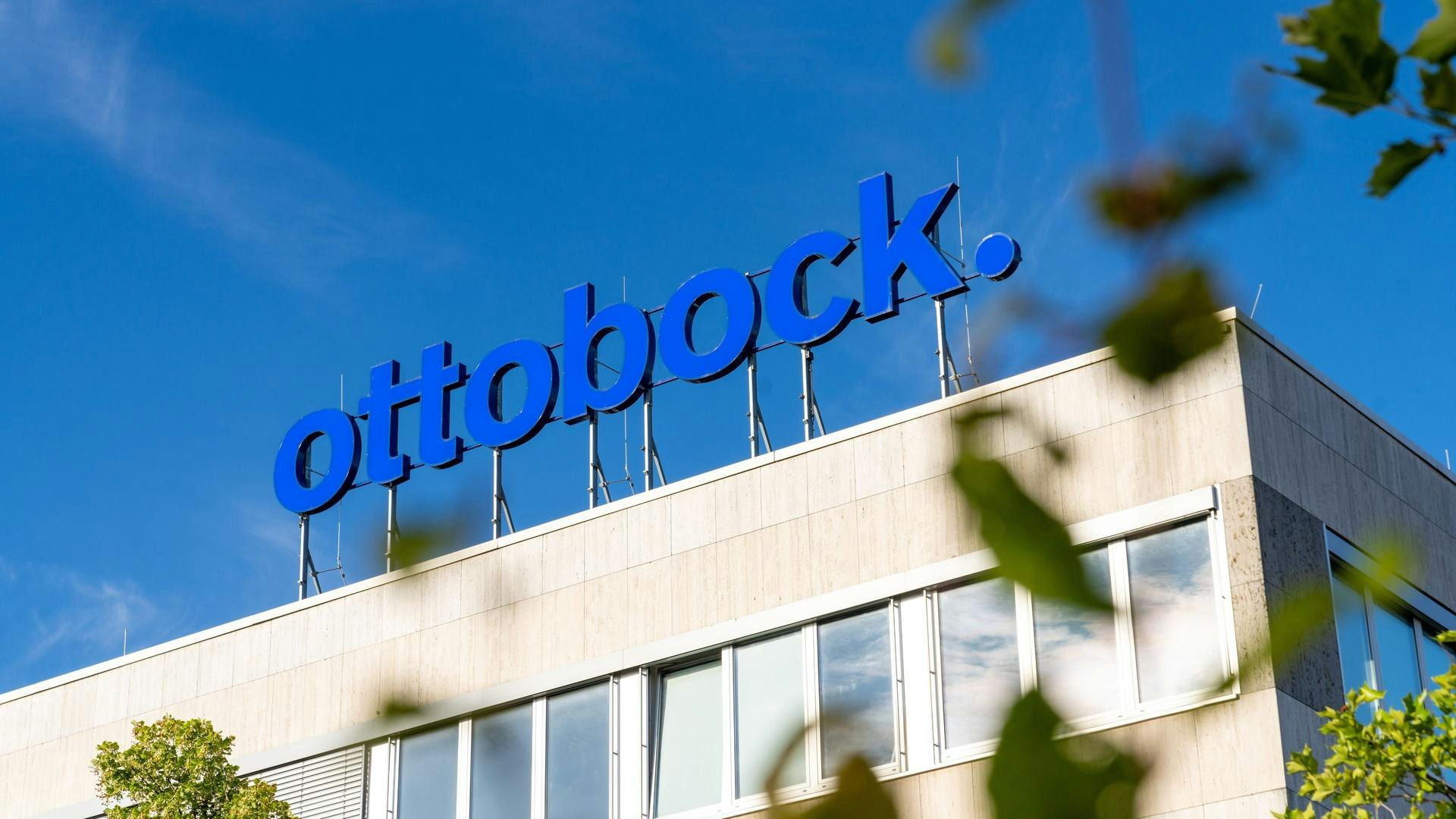The Chinese search engine giant Baidu recorded a 3.6 percent decline in revenue to 32.71 billion yuan (4.55 billion dollars) in the second quarter, while net profit increased by 33 percent to 7.32 billion yuan – significantly above analysts' expectations. The result was mainly weighed down by a 15 percent decrease in online marketing, the company's core business.
CEO Robin Li, on the other hand, emphasized the strength of the AI cloud business, which continues to show double-digit growth rates and partially offset the weakness in the advertising market. Citi analysts described the decline in marketing revenues as within the forecast range but pointed out that the cloud division may have performed slightly better than expected.
In addition to cloud services, Baidu is focusing on the further development of its foundation model "Ernie". By the end of August, the company plans to present the new version 5.0, supplemented by a reasoning model for more complex tasks. The in-house Ernie Bot continues to be one of the most popular ChatGPT-like offerings in China.
Baidu is also expanding its presence in the field of autonomous driving. Together with Lyft, robotaxis are to be deployed in Germany and the United Kingdom from 2026. At the same time, a cooperation with Uber is planned to bring Apollo Go vehicles to the streets in Asia and the Middle East later this year.
Despite these diversification strategies, the advertising business remains a problem child. Analysts expect ongoing pressure, as the shift to AI-based search functions is likely to have negative effects on ad revenue in the short term. Deutsche Bank analyst Leo Chiang foresees a potential recovery only in the medium term, once new monetization models for AI-generated traffic take hold.







